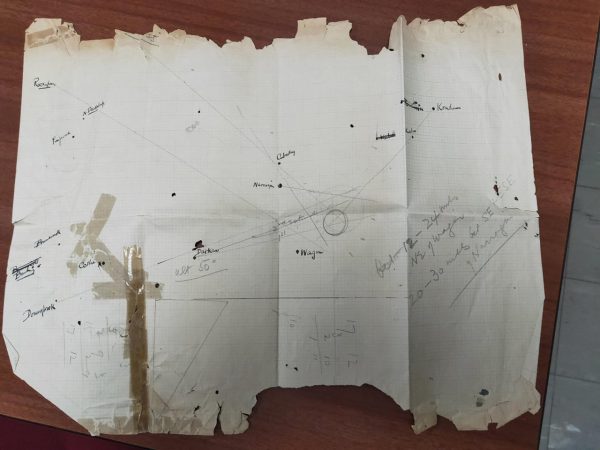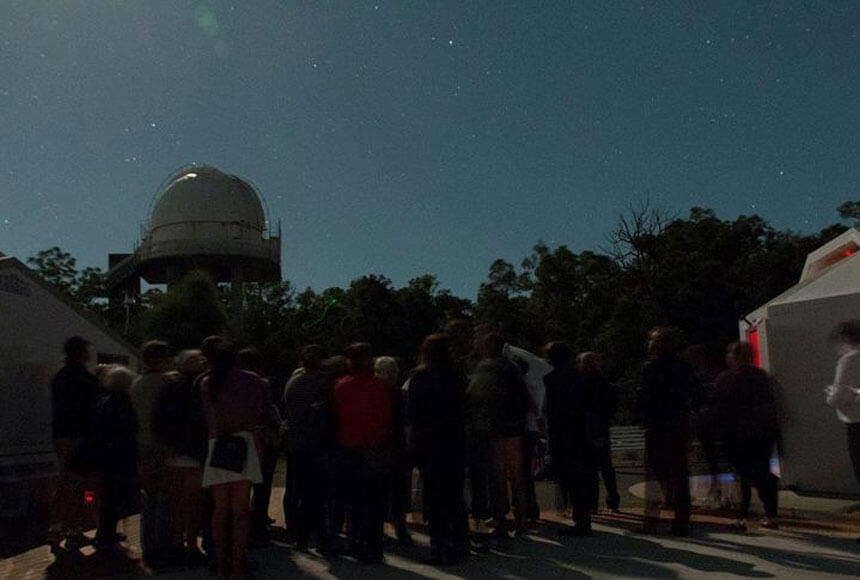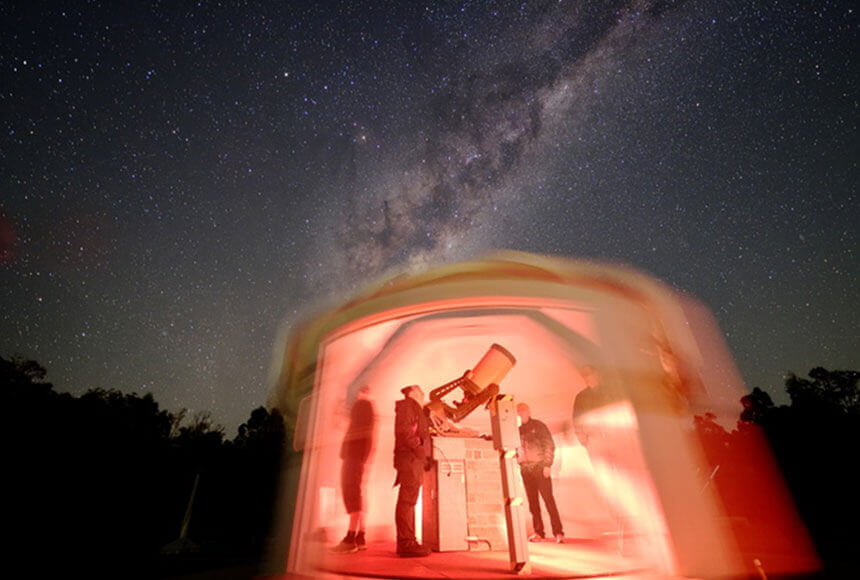
Our aim is to preserve the historic paper-based files of the Perth Observatory. Since its establishment in 1896, Perth Observatory has served the needs of the early Swan River colony and then the State Government of WA in matters of astronomy and associated scientific fields. During its 120 years of existence, many of WA’s State Government departments have governed the observatory.
During this time, for reasons including the observatory’s remoteness from various administrative offices, a lack of information technology integration between administration offices and the observatory, and a poor understanding of the observatory’s core business, very few of the departments integrated the observatory’s records into their Records Management Systems. Almost all of the paper-based files generated during the observatory’s operation are still here.
Since 1896, Perth Observatory has worked collaboratively with international institutions in global astronomical research programs and made several significant discoveries, including discovering Uranus’ ring system. The records include details of astronomical research programs and measurements and records of scientific research in the related fields of timekeeping, early meteorology and surveying, seismology and tide measurements, and communications around collaborations with other worldwide institutions.
The files represent a communication media that has changed significantly since the nineteenth century and provide a unique perspective into the evolution of recording methods, literary style and communication mechanisms by the colony and state. The paper-based files stand alone in their contribution to detailing over 120 years of scientific research led by seven Government Astronomers and Directors, including William Ernest Cooke, the first Western Australian Government Astronomer. The paper-based records also provide a unique insight into the cultural history of the Observatory and the nuances of a Colony, State and organisation whose staff arrived from across the globe and stamped their signature onto Western Australian history.

The records also tell us how two World Wars and a Depression affected Australian science and a European post-World War II Australian migration policy that contributed to Australia’s scientific growth on an international stage. The Perth Observatory buildings, telescopes, historical artefacts and records were recognised in 2005 by entry onto the WA State Heritage Register.
In 2017, Lotteries West funded a Significance Assessment for the heritage collection at Perth Observatory. The assessment found that the artefacts and paper-based records at the Observatory are of international significance and provide extensive evidence of numerous global scientific, colonial and state functions.
Project Commencement
Perth Observatory Volunteer Group took over the observatory’s management in 2015. At the time, most of the paper-based records were stored in non-acid-free boxes without most archival or preservation considerations and stored in a former photographic room that still contained active water sinks, chemicals and cleaning products.
Others lived in an old wooden cupboard in the dusty Publications Room downstairs. The POVG Heritage Sub-Committee took immediate action by relocating most paper-based records to a safer environment in the POVG Historian’s Office. As of 2017, 500 files have been relocated to more secure storage and catalogued in a library system by POVG volunteers. At the time, most records were stored in metal filing cabinets in non-acid-free folders, and pest control measures and the operation of an old air conditioning unit provided some protection. In addition, approximately 500 files that hadn’t been collated, recorded or placed in appropriate storage boxes sat uncatalogued and loose on tables in the Historian’s Office. This storage arrangement for the paper-based records was hugely inadequate and did not conform to Australian preservation standards.
The Historian’s office was not fully air-conditioned or protected from UV rays as the air conditioner and blinds were over 50 years old and needed replacement. In addition, there was no temperature or humidity monitoring system and no NLA-approved shelving or archive boxes available for storage. These records detail a 120-year history of astronomy and associated sciences in WA and contain the longest standing Government-funded astronomical institution in Australia.





